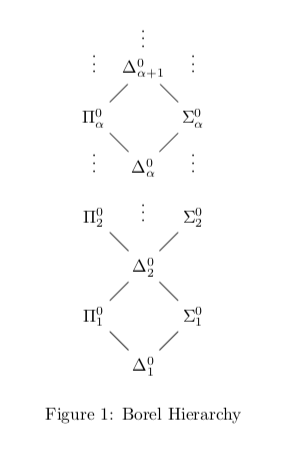New Talk - Measuring Income Mobility under Differential Privacy
I recently gave a talk at the Privacy and Public Policy Conference on measuring income mobility under differential privacy. This is joint work with Miguel Fuentes that combines techniques from differentially private query answering with methods for measuring mobility in economics. I’ve had this project idea on the backburner for a while, and it was great to finally work on it and share it with the community. Slides for the talk are available below. This project is still a work in progress!

